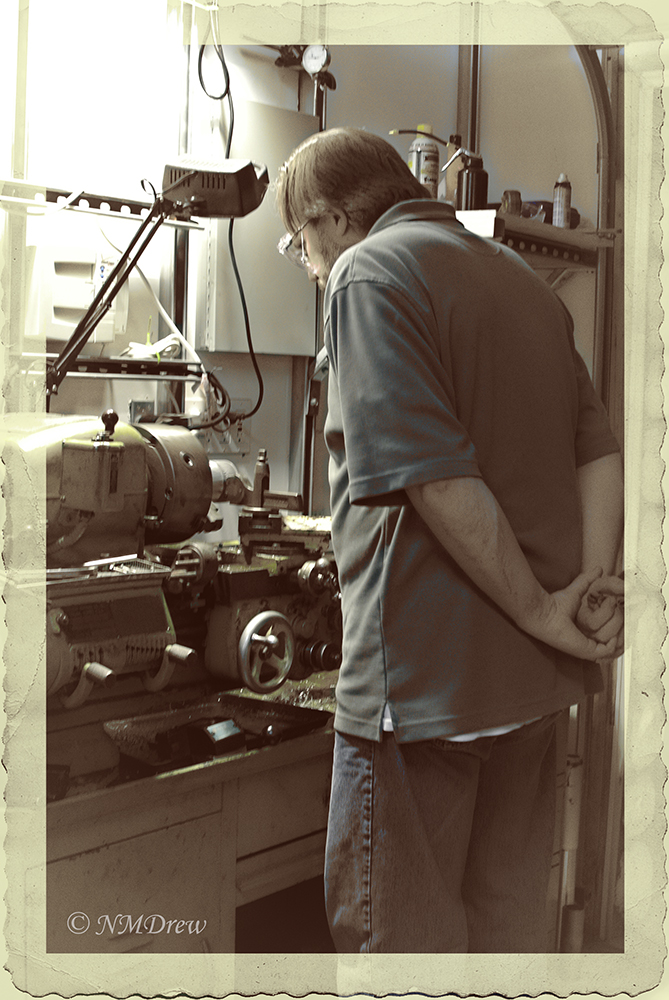I have tried to “just let things happen” for several weeks now. The truth is I don’t like it. To me, this means just that – let stuff happen – but this is a passive approach to life and retirement as far as I am concerned. I personally like to set daily goals, big or small, creative or chore-ish, because that is how I gauge the value of my time. To let things happens is to wait for things to happen. I like to make things happen, and to be open to other people inviting me to join them in their happenings. However, if I were to wait, and just wait, what would occur? Dishes don’t get done by themselves, photographs aren’t taken, dinner isn’t served. That is really just being non-existent. It is being inactive. It is, essentially, saying no to life and all that it has to offer.
All of us have things we need to do in life. With the free time of retirement, it seems that I should get my chore list done. If I did, though, that is all I would do. That Puritan heritage inculcates duty and chores as the only things of value, not indolence and lazing or creating. Thinking seems almost a sin – that means considering rebellion against societal norms and regulations. That means rocking the boat, having an opinion – in short, living life and experiencing life. As someone brought up to follow rules and regulations, it can be really difficult for me to let them go. I do know that all rules and regulations are ways to help society function, to let me and others get along, to be more constructive than destructive. I also know that breaking these restraints allows me to grow and expand, to re-think my world view (many times over the years) and reconsider life and myself in general.
Patterns provide structure and a framework in which we can explore the world, expand our world, and experience that which is unfamiliar with relative safety. In a bad framework, such as in families where domestic abuse is the norm, these patterns maintain destructive and negative lifestyles. This is what family systems teach us. They also teach us that breaking family systems creates its own chaos, which can be positive or negative, good or bad, expanding or restrictive. For me, breaking certain patterns is necessary for growth and enjoyment, but maintaining others is a form of prison. Chaos is not something I enjoy, though I appreciate the unexpected. Altogether, we each need to find the structures in our lives to live fully and deeply, as well as to give in to the unpredictable and spontaneous.



